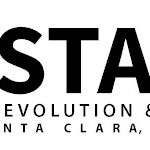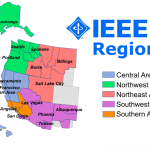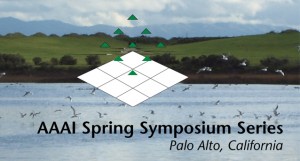Formal Verification & Modeling in Human-Machine Systems AAAI 2014
Spring Symposium (FVHMS 2014)
March 24-26, 2014
Webpage: http://faculty.cs.byu.edu/~mike/mikeg/WORKSHOP/
Held in conjunction with the AAAI 2014 Symposium in Palo Alto, CA
http://www.aaai.org/Symposia/Spring/sss14.php
Overview:
The goal of the workshop is to bring together the fields of formal verification, cognitive modeling, and task analysis to study the design and verification of real human-machine systems. Recent papers in each of these communities discuss modeling challenges and the application of basic formal verification in human-machine interaction; however, there is little communication between researchers in these different areas and there are many open questions that require cross-disciplinary collaboration. The workshop is to bring together experts from many communities in an environment where it is possible to explore key research areas, common solutions, near-term research problems, and advantages in combining the best of the different communities.
Submissions:
We solicit papers describing original work either in-progress or finished, position papers or extended abstracts describing research or positions. Papers should follow the AAAI formatting, with a page-limit of 6 pages. Proceedings of the symposium will be published by AAAI as a CD, distributed at the symposium. Selected papers will be invited to submit extended versions of their contributions for review in a follow-on special issue of the IEEE Transactions on Human-Machine Systems dedicated to the same topic.
Topics of Interest:
- What model classes, methodologies, and constructs are appropriate for modeling human and machine activities in a way that is amenable to formal verification? Examples include
- Programming languages
- State Machines
- Activity models (e.g. Brahms)
- Cognitive models (SOAR, ACT-R, DIARC, etc.)
- Task analyses-based models (GDTA, CWA, etc.)
- Probabilistic models
- Behavioral game theory
- What levels of abstraction are appropriate for such modeling, and what information is lost in using abstraction?
- What are the contexts, if any, for which the trade offs between authority between humans, autonomy, and model-based reasoning can be specified?
- What is the impact on design for including explicit (meta-) reasoning models in the human-machine interaction loop?
- What types of model-checkers are appropriate, and what other lessons from formal verification apply to human-machine systems?
- What are the ethical considerations of using verified models to allocate responsibility and authority between humans and machines?
- What organizational structures are appropriate for human-machine collaborative work?
- How can dynamic models evolve in the presence of learning agents, both human and machine, and in the presence of inaccurate mental models.
- Master-slave
- Teammates
- Principal-agent
Important Dates:
Oct 18, 2013: Submission deadline
Dec 10, 2013: Notification of acceptance/rejection
Jan 10, 2014: Camera-ready papers due
Mar 1, 2014: Registration deadline
March 24-26, 2014: Symposium
Organizers:
Ellen Bass, Drexel University, USA
Michael Goodrich, Brigham Young University, USA
Eric Mercer, Brigham Young University, USA
Neha Rungta, NASA Ames Research Center, USA
Invited Speakers:
Amy Pritchett, Georgia Tech, USA
Philippe Palanque, IRIT, University Paul Sabatier, France











